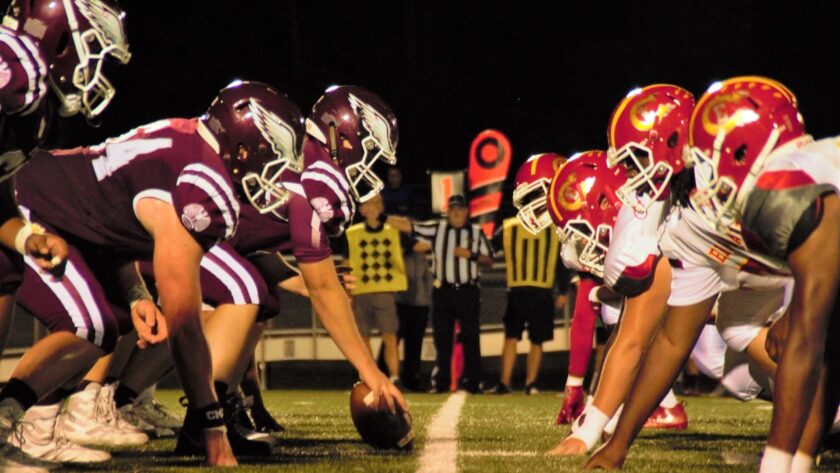Even if you’re pretty experienced with season-long fantasy football, playing daily fantasy football can be a bit different.
Daily fantasy sports are incredibly popular, but if you’re new to them, the following are seven things to know.
1. How It Works
When you play daily fantasy sports, it’s more like gambling. You’re putting together a fantasy team based on real athletes, and then you’re going up against other players. Your team gets points based on the actual performance of your chosen players, as is true with season-long fantasy as well. If you get more points than your competition, you win a cash prize.
To fund that cash prize, you normally have to pay an entry fee.
Every major sport has daily fantasy options—it’s not exclusive to football.
The two major daily fantasy platforms are DraftKings and FanDuel, but the Yahoo platform is growing in popularity too.
If you aren’t competing for a reward or cash prize, daily fantasy isn’t technically gambling.
2. Pay Attention to the News
In daily fantasy sports, most games are based on a salary cap. That price is set by each site, and the prices are made with a formula not influenced by last-minute news and injuries.
If a player is suddenly injured and out, then he’s not worth anything in daily fantasy, but a replacement can be worth a lot.
The dollar values in daily fantasy are essentially never updated after breaking news, so pay attention because you might be able to find bargain opportunities.
3. Don’t Set Lineups Too Early
This bit of information relates to what’s listed above—if you’re setting your lineup too early, then you aren’t paying attention to the breaking news. If you do set your lineup early, remember to change it if something comes up.
4. Have an Understanding of the Contest You’re Entering
Daily fantasy sites such as DraftKings have a lot of different types of contests available, and they vary in terms of cost, structure, and scope. You need to fully understand the contest that you’re going to enter because this is going to help you maximize your draft strategy.
For example, there are 50/50 contests, which are cash games. These contests payout to the top 50% of the field.
Head-to-head games are also categorized as cash games. In these contests, you go against a single team owner. The entry fees and prizes can be small to large, and you can create your own league on some sites if you want to compete against a friend.
A multiplier is another cash game, and in these, the certain top amount of the field doubles, triples, or quadruple the money.
You can also look for beginner and casual contests if you want to try things out and get a feel for them without high stakes.
5. Smart Gameplay
When you play daily fantasy sports, you want to choose your games wisely. You want a balance in your game selection, and you also want to be mindful of money management. This might mean you focus, especially at first, on low-risk, low-return games.
If eventually you want to make more money and you feel ready, that might be when you take on a greater level of risk.
If you can strike a good balance, then you’re positioning yourself to make money, and sometimes you’ll have the opportunity to make a lot of it.
6. Entry Fees
There are generally two types of contests—there are free leagues and ones that use real money. With a real money game, as mentioned, you’re going to have to pay an entry fee, while free games are known as free roles.
If you win a free roll, you may earn entry into a bigger contest with the chance to win money or other prizes.
There are a lot of games with just a $1 entry fee. Again, great if you’re starting out. There are some leagues with entry fees that are in the range of hundreds of dollars.
7. Other Terms To Know
A few other things to be aware of with daily fantasy include, first, salary caps. You get a budget to use to draft your team. You can’t exceed that budget as you fill your open spots. You have to learn how to use them wisely and identify undervalued players.
The size of field is another term, which is the number of people who are allowed to join any given contest.
Finally, the prize pool is the money that you can potentially win.




